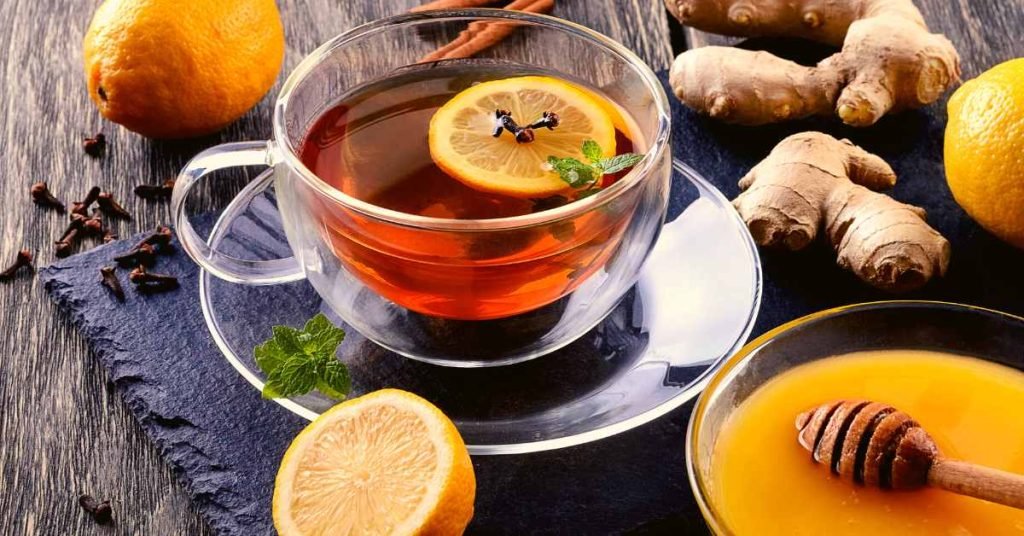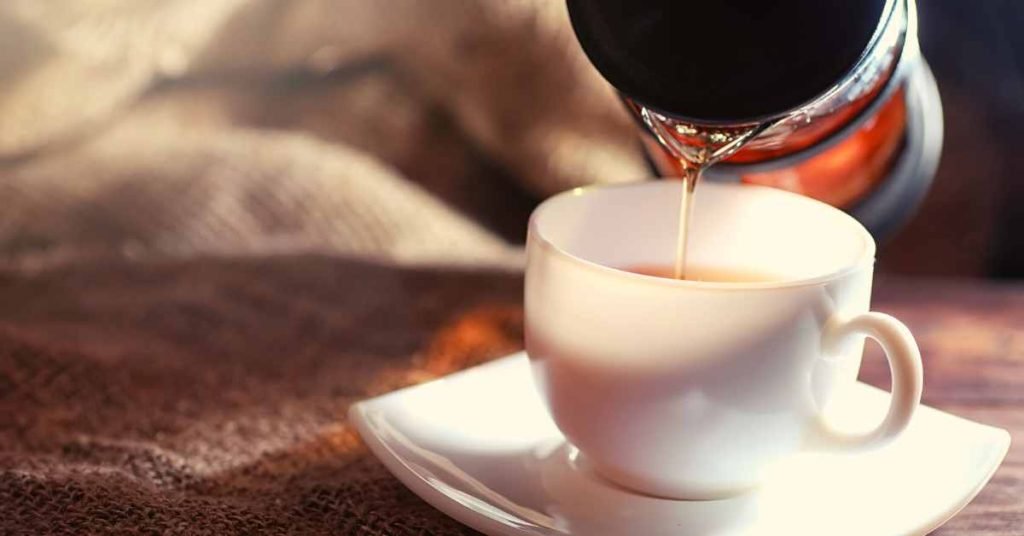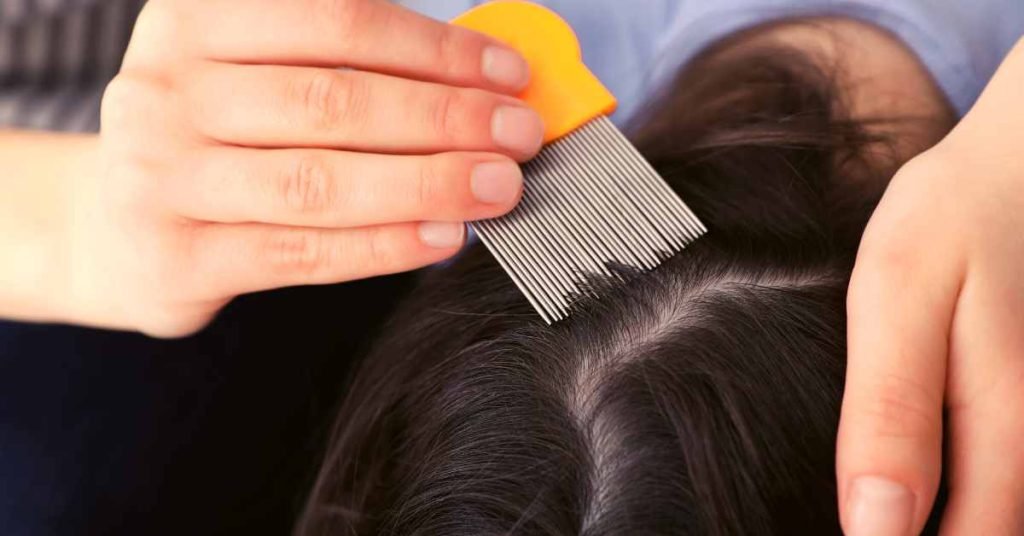Tea, a beloved beverage enjoyed by millions worldwide, has been celebrated not only for its soothing properties but also for its potential therapeutic applications.
While tea is commonly associated with relaxation and social rituals, its lesser-known attributes include its efficacy in treating various health issues.
One such surprising application is its role in lice treatment. In this article, we delve into the historical roots, scientific basis, and practical methods of using tea for lice treatment.
Tea through the Ages

Tea has a rich history that dates back thousands of years, originating in ancient China. Initially used for medicinal purposes, tea gradually evolved into a popular beverage enjoyed for its flavor and calming effects.
Over time, various cultures embraced tea, each adding its unique touch to the brewing and consumption rituals. The diverse types of tea, including green, black, white, and herbal teas, offer a spectrum of flavors and health benefits.
Tea as a Lice Treatment: Unraveling the Science
The idea of using tea for lice treatment may seem unconventional, but it is rooted in the natural properties of tea leaves.
Certain compounds found in tea, such as polyphenols, catechins, and tannins, possess antimicrobial and insecticidal properties. These properties make tea a potential candidate for combating lice infestations.
Polyphenols, which are abundant in tea, have been studied for their antiparasitic effects. Research suggests that these compounds may interfere with the growth and reproduction of parasites, including lice.
Catechins, a type of polyphenol, have been specifically investigated for their insecticidal properties, making them a promising component in the battle against lice.
Tannins, another class of compounds found in tea, are known for their astringent properties. Applied topically, tannins can help in drying out and suffocating lice.
Additionally, the soothing nature of tea can provide relief to the irritated scalp, making it a holistic approach to lice treatment.
Choosing the Right Tea

Not all teas are created equal when it comes to lice treatment. While various types of tea may offer some benefits, certain varieties are more potent due to their specific compounds and concentrations. Let’s explore some of the most effective teas for lice treatment:
Tea Tree Oil Infused Tea:
Tea tree oil is renowned for its antiparasitic properties. Combining it with a mild tea infusion enhances its effectiveness in treating lice. Tea tree oil is known to disrupt the life cycle of lice, making it difficult for them to survive and reproduce.
Neem Tea:
Neem, an ancient medicinal herb, has powerful insecticidal properties. Brewing neem tea and using it as a rinse may help eliminate lice. Neem’s bitter taste is well worth the potential relief it offers from these persistent pests.
Green Tea:
Green tea, rich in catechins and polyphenols, is an excellent choice for lice treatment. Its antioxidant properties may not only combat lice but also promote a healthier scalp.
Chamomile Tea:
Chamomile tea is known for its calming and anti-inflammatory effects. Applying chamomile tea as a rinse may soothe the scalp while potentially deterring lice.
Black Tea:
Black tea, a popular and widely available variety, contains tannins that can aid in suffocating and eliminating lice. Its dark color may also help in hiding the presence of lice eggs or nits.
Application Methods

Tea can be applied to the scalp in various ways, each method catering to different preferences and needs. Here are some effective application methods:
Tea Rinse:
Prepare a strong tea infusion by steeping tea leaves or tea bags in hot water. Once the tea has cooled to a comfortable temperature, pour it over the hair and scalp, ensuring full coverage. Massage the tea into the scalp and leave it on for at least 30 minutes before rinsing thoroughly.
Tea Tree Oil Mix:
Enhance the lice-fighting properties of tea by adding a few drops of tea tree oil to your tea infusion. Tea tree oil is known for its potent antiparasitic effects, and combining it with tea creates a powerful lice treatment solution.
Neem Tea Spray:
Brew a strong neem tea and transfer it to a spray bottle. Spritz the neem tea onto the scalp and hair, making sure to cover all areas thoroughly. Allow it to sit for an hour before washing it out.
Tea Compress:
For a targeted approach, soak a clean cloth in brewed tea and place it directly on the affected areas of the scalp. This method allows for a more concentrated application of the lice-fighting properties of tea.
Preventive Measures

Using tea for lice treatment is not only about addressing an existing infestation but also implementing preventive measures to avoid future occurrences. Here are some practical tips:
Regular Tea Rinses:
Incorporate regular tea rinses into your hair care routine, especially if you live in an area prone to lice infestations. This proactive approach can act as a deterrent, making your scalp less attractive to lice.
Tea-Infused Shampoos:
Look for or create shampoos infused with tea tree oil or other lice-repelling teas. Using such shampoos regularly can help maintain a lice-free scalp.
Educational Initiatives:
Teach children about the importance of not sharing personal items such as combs, brushes, hats, and scarves. Lice are often transmitted through close contact and the sharing of personal items.
Final Word

Tea, with its multifaceted properties and historical significance, has emerged as a surprising yet effective ally in the battle against lice.
From ancient medicinal uses to modern applications, tea has proven its versatility in addressing various health concerns.
As we continue to explore the therapeutic potential of natural remedies, the inclusion of tea in lice treatment showcases the harmonious blend of tradition and science in the quest for healthier living.
So, the next time you savor a cup of tea, remember that its benefits extend beyond the realms of relaxation – it might just be the secret weapon your scalp needs in the fight against lice.
MEDICAL DISCLAIMER
Itsnevernotteatime.com cannot and does not contain medical/health advice. The medical/health information is provided for general and educational purposes only and is not a substitute for professional advice.




